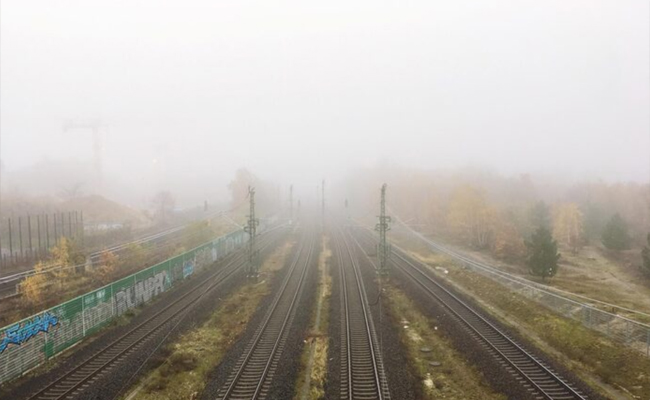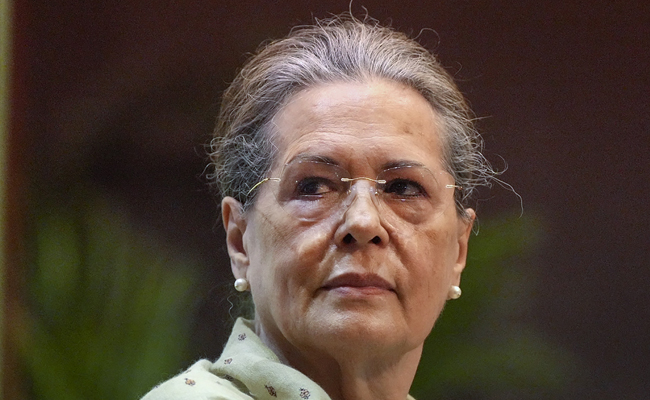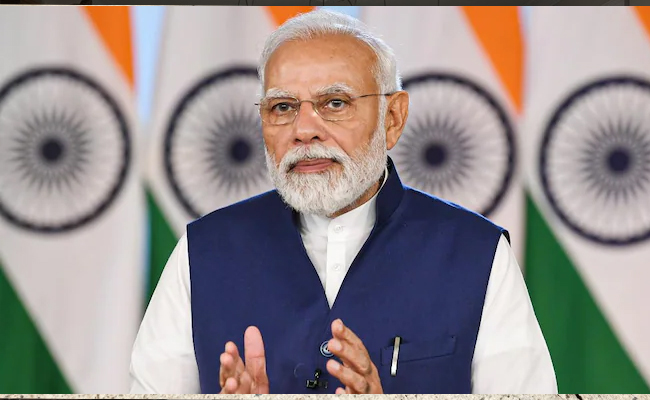Mangaluru (PTI): The Manipal Academy of Higher Education (MAHE) has suspended 42 students in a month who were found to be involved in drug abuse cases as per its zero-tolerance policy towards drug consumption.
Udupi Superintendent of Police Hakay Akshay Machhindra told reporters in Udupi on Wednesday that such steps will send a strong message to society and create awareness against drug consumption.
He said a few students have fallen prey to the drug menace in Udupi. The MAHE authorities conducted an internal investigation as part of their zero-tolerance policy against substance abuse.
All the students who were found involved in the drug abuse cases have been suspended from MAHE till the completion of the internal investigation. They have also been referred to MAHE student counsellors to transform them to lead a normal life like others, the SP said.
MAHE has taken action based on the report from its internal disciplinary committee. The Udupi district police are continuing vigil against drug consumption and peddling, Machhindra said.
He said the MAHE management has extended cooperation for the ongoing investigation into the cases registered against students and promised to help the police in creating awareness against substance abuse.
Let the Truth be known. If you read VB and like VB, please be a VB Supporter and Help us deliver the Truth to one and all.
Kolkata (PTI): Three persons died and three others were injured after being hit by a train amid dense fog on Saturday, while travelling to attend Prime Minister Narendra Modi's rally at Taherpur in West Bengal's Nadia district, a senior official said.
The incident occurred between Taherpur and Badkulla railway stations under the Sealdah-Krishnanagar section of Eastern Railway, he said.
Modi, whose helicopter could not land at Taherpur due to dense fog and low visibility, condoled the death of the “BJP workers” in his virtual address from Kolkata airport.
“I have come to know that some BJP workers, while travelling to the rally, lost their lives in a rail accident. My condolences are with the families of those who have lost their loved ones, and I pray for the speedy recovery of the injured,” Modi said.
The Eastern Railway official told PTI that the incident occurred in the morning when these people, who were travelling by a bus, had stopped the vehicle and walked to the railway tracks to answer nature's call.
"While three persons died on the spot, two others with injuries were admitted to a local hospital," he said.
Another person with minor injuries was released after having been administered first aid, the official said.
The deceased have been identified as Ramprasad Ghosh (74), Shaktipada Sutradhar (55) and Gopinath Das (38).
Meanwhile, Mahua Moitra, Trinamool Congress MP from Krishnanagar constituency in Nadia district, alleged that the BJP ignored the incident and went ahead with the rally.
"Terrible tragedy hushed up at altar of @narendramodi ego. @BJP4India supporters brought from far Murshidabad for PM rally in Ranaghat today," she said in a post on X.
"4 went to answer nature's call and were killed by 31814 down local train near Taherpur. BJP ignored, blacked out & went ahead with rally," Moitra claimed.
Reacting to her remarks, the West Bengal BJP, in a post on X, asserted that the TMC "has always been adept at milking tragedies", and was being "disrespectful to the unfortunate victims of this tragedy".
The TMC alleged that BJP leaders have not shown "neither concern nor compassion" over the mishap.
"The loss of three lives in Taherpur should have united everyone in grief. But @BJP4India leaders showed neither concern nor compassion," it said in another post on X.
"At this painful moment, Smt @MamataOfficial and Shri @abhishekaitc put humanity above party lines and stood beside the families of the deceased," the party said.
TMC’s on-ground leaders promptly reached out to the grieving family members, ensuring them of help and assistance, it said.
"While Delhi’s rulers chase Bengal with arrogance, our leadership chose empathy. This is the difference between politics of power and politics of people!" the TMC added.





